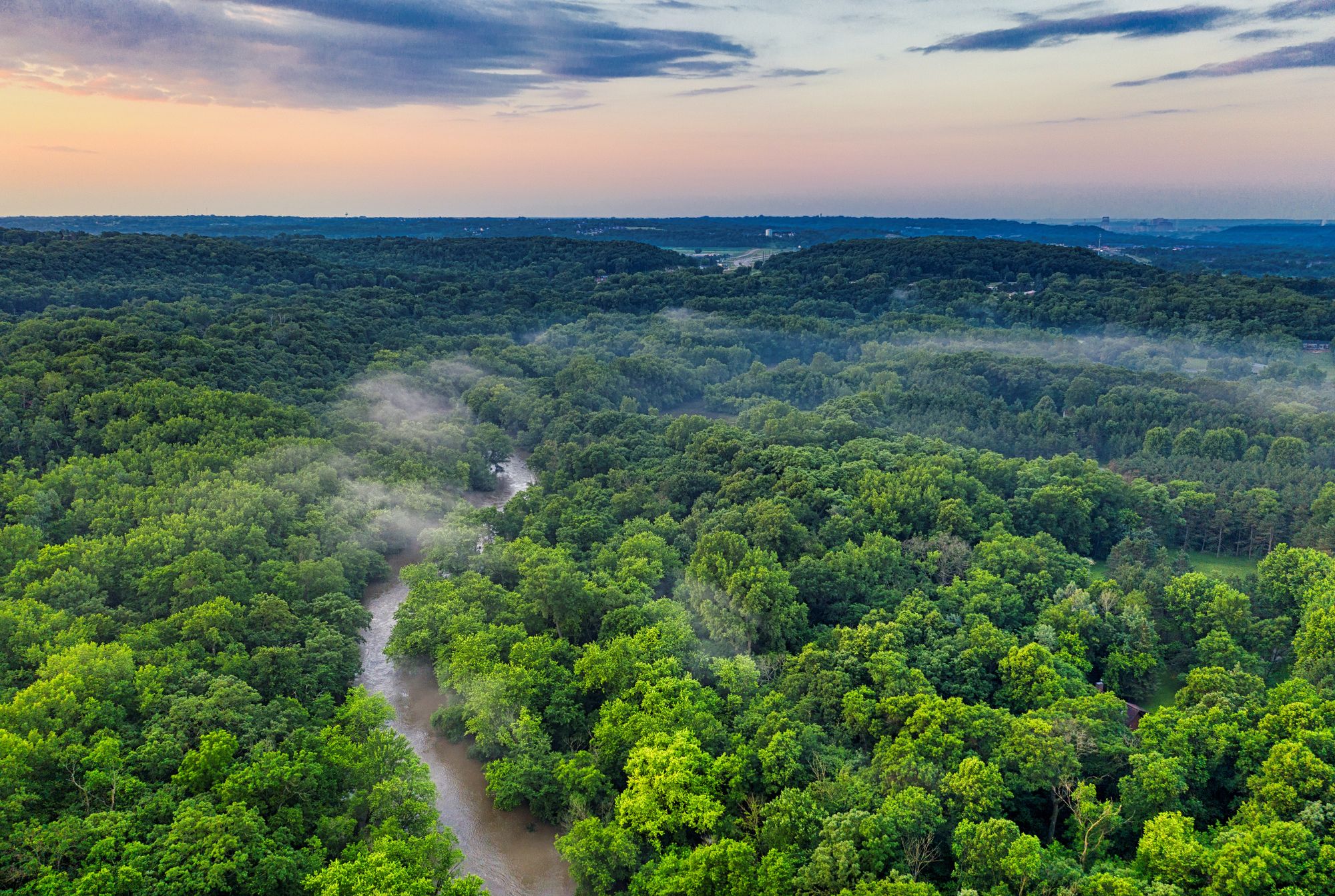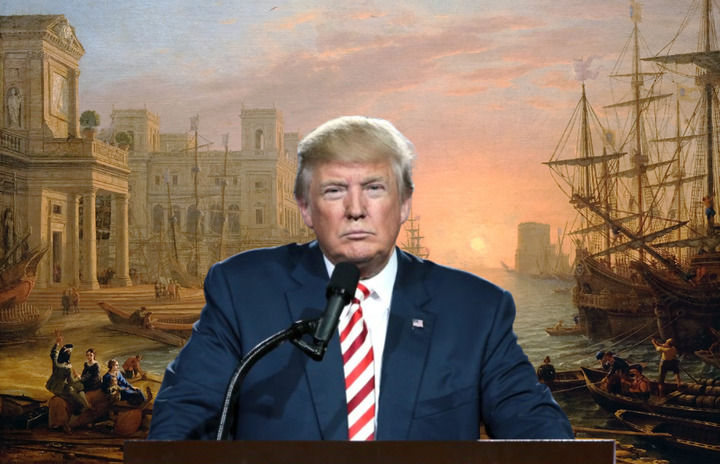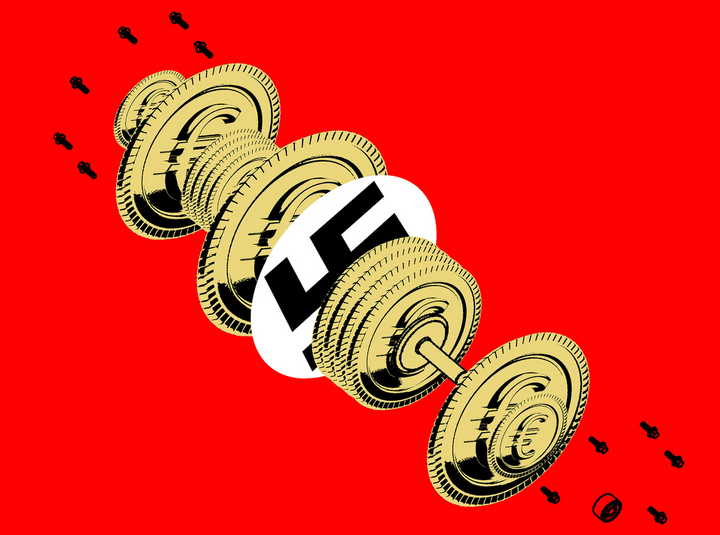Brazil - The Election Result to Save the Amazon Rainforest
What does the 2022 Brazilian presidential election mean for the Amazon rainforest? Why is Luiz Inácio Lula da Silva the hope for the Amazons' survival?
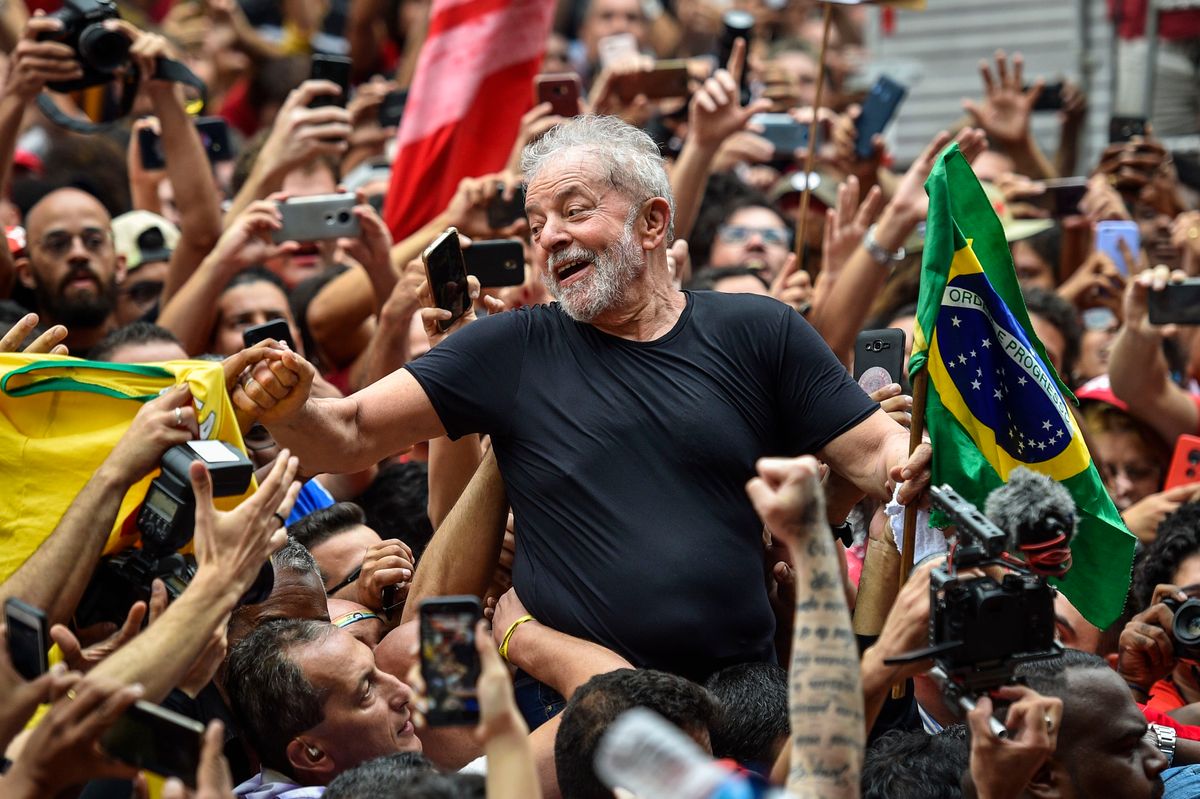
By Julian Olsen-Pendergast
Defenders of the Amazon rainforest breathed a sigh of relief on October 30th as Luiz Inácio Lula da Silva, commonly known as Lula, narrowly secured the presidency of Brazil. Lula, who previously served as president from 2003 to 2010, defeated the incumbent far-right Jair Bolsonaro by a slim margin of just 1.8 percent of the votes in a highly divisive presidential election. Brazilian environmentalists believe that this close victory could be a turning point for the Amazon, which has reached a critical tipping point.
"Over the past four years, the Amazon has faced threats, attacks, and destruction as the government openly encouraged environmental crimes," says Erika Berenguer from the University of Oxford. "It felt like silencing a scream within oneself every day while witnessing the destruction of the object of your life, career, and passion. Lula's election is not only a victory for the region but for humanity and life itself."
Under Bolsonaro's administration, deforestation in the Amazon reached a 15-year high. He publicly supported rainforest development, weakened environmental regulations, and deprived key environmental institutions of funding and expertise. The current rate of Amazon clearance is nearly 75 percent higher than when Bolsonaro assumed office in 2019, and the loss of 13,000 hectares in 2021 represents the highest annual figure since 2008.
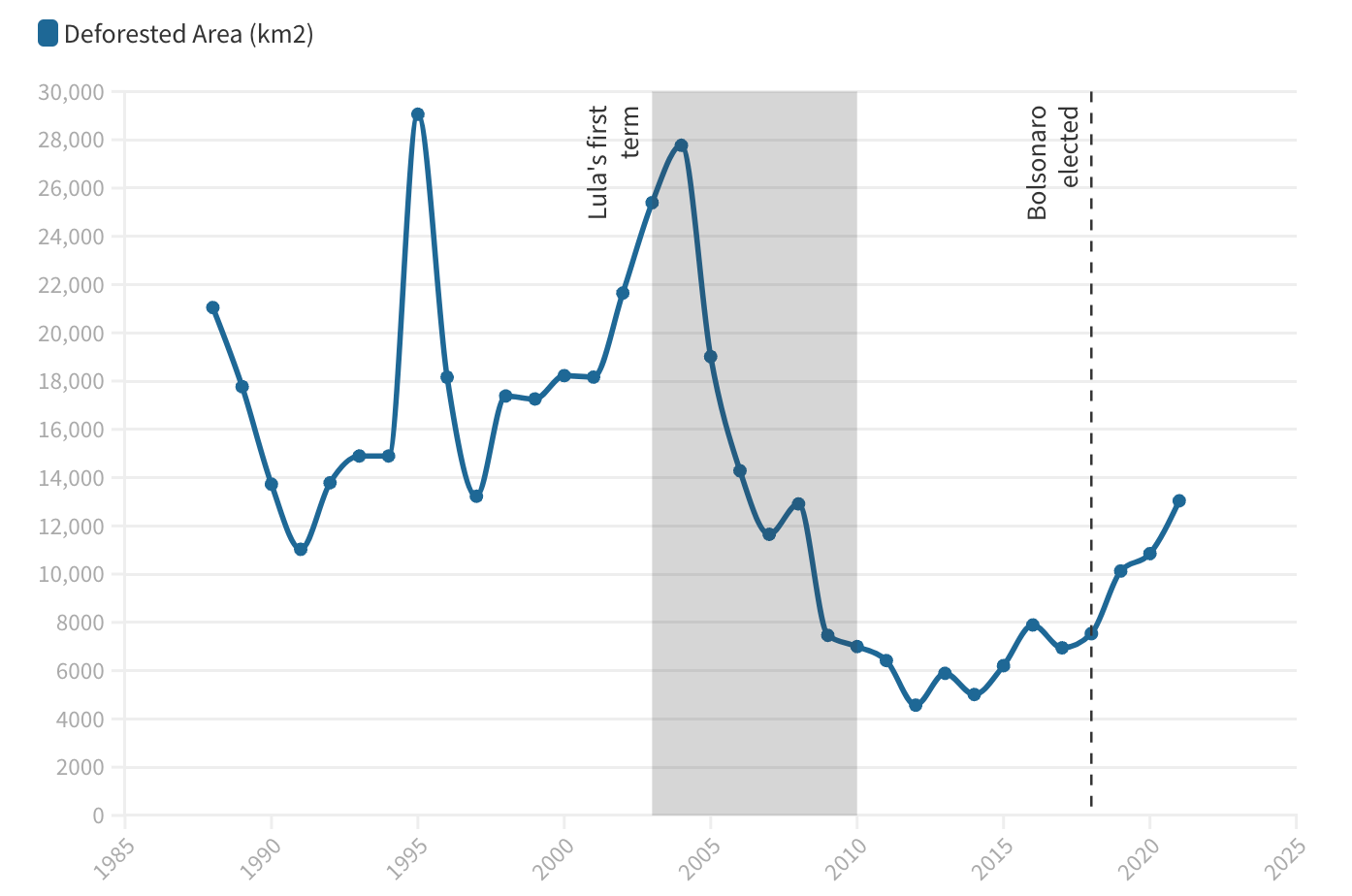
In contrast to Bolsonaro's approach, Lula has been a strong advocate for the protection of the rainforest, and his previous tenure as president saw a significant decline in deforestation. Between 2004 and 2016, during Lula's presidency and that of his successor Dilma Rousseff, deforestation rates plummeted by 72 percent. Lula has made promises to take action against illegal miners and ranchers who contribute to deforestation in the Amazon. He has also proposed ambitious initiatives such as subsidizing sustainable farming, establishing a ministry dedicated to Indigenous peoples, and creating a national climate change authority to ensure Brazil's adherence to its Paris Agreement commitments.
It is anticipated that Lula's administration will set new climate targets, reversing the rollbacks made under Bolsonaro. However, environmental campaigners caution that rebuilding environmental institutions and combating illegal groups in the Amazon will pose challenges, especially given a divided congress and a narrow electoral mandate.
Luiz Inácio Lula da Silva's victory is not only crucial for the Amazon but also for other sectors in Brazil, such as universities, healthcare, and scientific research, which suffered funding cuts under the previous administration. It is hoped that this election result will provide the necessary support for the Amazon rainforest and its preservation.
